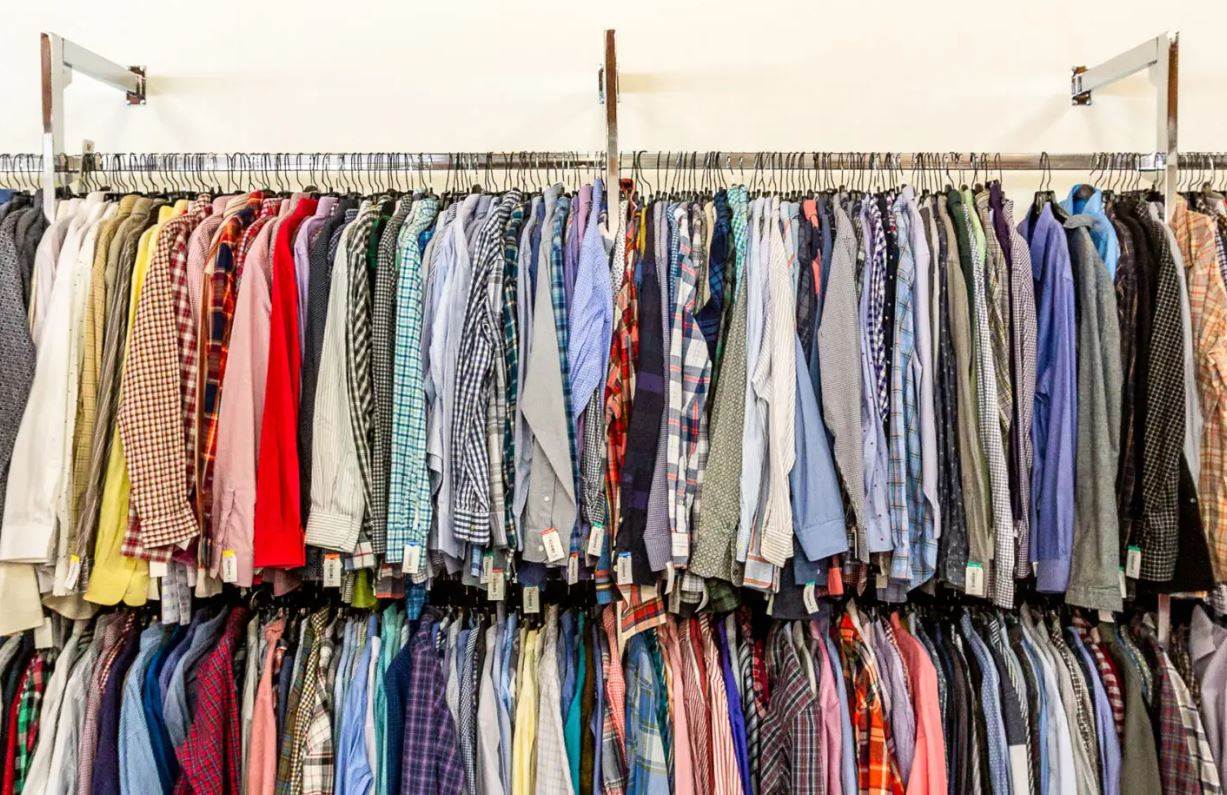Adidas and Lululemon add muscle to Sorting for Circularity

Yoga brand Lululemon has joined The Sorting for Circularity USA consortium as an external brand partner and Adidas has become the project’s lead sponsor.
Innovation hub Fashion for Good, together with Resource Recycling Systems, launched the 18-month consortium project in January 2023.
Partners will conduct a consumer survey to map the journey of a garment from closet to end of use and the insights gained will help to scale collection, sorting, and recycling innovations and inform decisions on investments.
Within the first six months, the project has expanded to cover California, Texas, Florida, New York, New Jersey and Colorado. Additional implementation partners have also signed on to support the fibre composition data analysis: Secondary Materials and Recycled Textiles (SMART) Association, Helpsy, United Southern Waste Material and Goodwill Industries International.
Lululemon joins Eastman, H&M and Nordstrom as key project partners, together with Fashion for Good corporate partners adidas, Inditex, Levi Strauss & Co and Target.
Katrin Ley, managing director of Fashion for Good, said: “We are so excited to have the opportunity to expand the geographical scope of our Sorting for Circularity framework to encompass an extensive range of key sorting players and regions in our USA project. This allows us to have a better understanding of the global textile waste challenge, unlocking the potential of textile recycling technologies, and accelerating the transition towards a more circular and sustainable industry.”
In the US, textile waste is the fastest-growing segment of the country’s waste stream, according to United States Environmental Protection Agency. Understanding the composition of material, volume and location of used textiles is crucial for capturing them and sorting them for the best and highest quality end use. The range of national and regional geographies within the Sorting for Circularity project series enables for nuanced cross-country comparisons – revealing differences in the textile waste generated and infrastructure required.
Viviane Gut, senior director of sustainability at Adidas, said: “Projects like Sorting for Circularity are particularly important for adidas, since we are convinced that circular economy approaches require the cooperation of various companies across the entire industry. As a lead sponsor of this project, we are looking forward to working with our partners to further formulate requirements for the political framework, infrastructure and technologies for the implementation of circular solutions in the US. Together, we can create a future where textile waste is transformed into valuable resources.”
Image courtesy of Goodwill of the San Francisco Bay.











